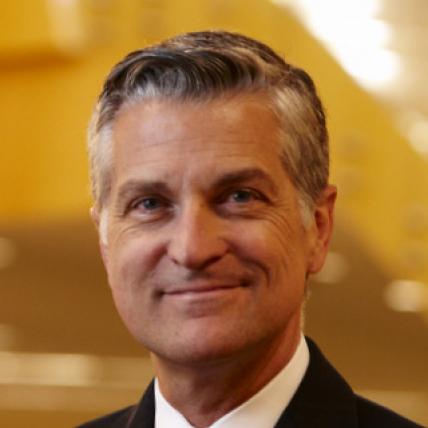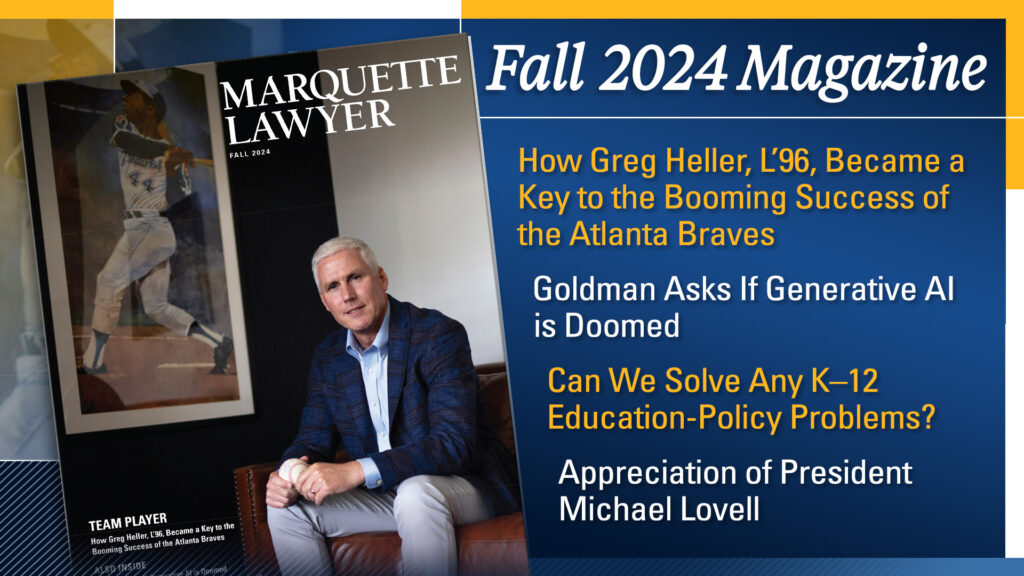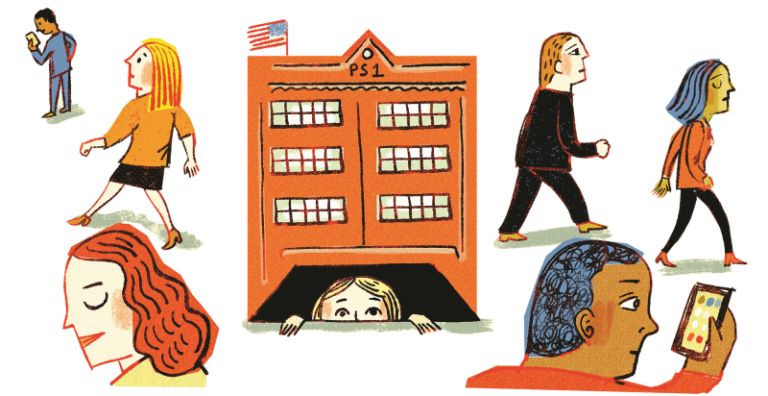Borsuk’s essay and all colleague reactions are available at this link.
Some years ago (in the spring of 2010), I hosted a panel of former Milwaukee Public Schools (MPS) superintendents at Marquette University Law School. They talked about their respective experiences—good and bad—leading the state’s largest school district. With new superintendent Gregory Thornton in the audience, his predecessors bluntly discussed their tenures and frustrations, including the inability to measurably improve student outcomes. One of them, Robert Peterkin, who ran MPS from 1988 to 1991, said he regretted that he had not pushed hard enough for bold reform in the district.
“We should have done it twice as much, twice as deep, and twice as fast,” Peterkin lamented.
That comment has stayed with me because it embodied the belief that leaders in education, as well as state and federal lawmakers, can effectuate bold, meaningful change. And yet, as my colleague Alan Borsuk points out in his thoughtful essay in this magazine, that change has been hard to come by.
My 40-plus years of experience as a journalist have led me to conclude that we may be expecting too much from our leaders in education and politics. While it is easy to blame the “educrats” and politicians for failing to significantly move the needle on issues such as the racial achievement gap, their lack of success is often a reflection of the interests, values, and priorities of the people whom they serve or represent. In other words, often the problem is us.
“Us” includes the many Americans who are understandably pleased with their children’s schools, who live in safe, stable neighborhoods, and who have the means to access and experience a high-quality education. They are comfortable with the status quo. They are unlikely to embrace bold initiatives or change unless it works to their advantage. Poor academic performance, especially in urban districts like Milwaukee, is someone else’s problem. Not theirs.
“Us” also includes residents in Milwaukee, where too many remain too silent about the struggles of our schools, both public and private. A kind of apathy exists. In many Milwaukee school board elections, fewer than one out of six registered voters cast a ballot, a level of civic participation Mayor Cavalier Johnson has called “shameful.”
“Us” includes those fixated on fighting culture wars rather than focused on improving students’ math and reading scores. Discussions on book bans, critical race theory, and what is taught as American history often overshadow the urgent need to produce better academic outcomes for students.
And “us” is a culture that too often diminishes the value of an education and makes teachers, principals, and administrators the scapegoat for poor performance, even though the lives of the children they teach can often be chaotic outside the classroom.
I have come to this somewhat gloomy assessment in part because of decades-long conversations with two former Milwaukee school superintendents. One was my father; the other, the subject of a documentary on which I am currently working. Each participated in two of the boldest education initiatives of my lifetime.
My dad, Richard Gousha, arrived in Milwaukee in the summer of 1967. He was fresh off nearly four years as state superintendent in Delaware. There, he had worked to make good on the promise of Brown v. Board of Education by ending Delaware’s dual system of segregated schools. There was resistance to integration in Delaware, and my father witnessed firsthand not only the power of the law to change societal norms but also its limitations when it came to changing public attitudes.
Two years before his arrival to the Milwaukee Public Schools, this district was sued for practicing discrimination. The Milwaukee school board fought the lawsuit for more than a decade, trying unsuccessfully to persuade a federal judge that segregation in the district was not intentional but rather the result of housing patterns in the city. By the time the district settled the case in 1979, my father had long since departed for a new job at Indiana University.
But in speeches he delivered during his tenure as MPS superintendent and in long conversations with me decades later, my dad reflected on what he had thought would happen when desegregation came to Milwaukee’s public schools. As the debate over integration continued, white flight from the city began in earnest. In a speech on March 29, 1974, my father called for a school integration plan not just for Milwaukee, but for the entire metropolitan area.
“[T]o be effective, it would seem that integration could not be accomplished on a piecemeal basis,” he said. “And it is from this realization that a number of education planners have suggested that the burden of integration must be shared by a larger geographic and population group.”
Without a change in the current approach, my father warned, “High and middle socioeconomic whites will continue to flee the cities. Cities will increasingly become the residence of the socioeconomic poor. If this pattern of apartheid is not to occur, there must be some identification of structures to change those predictions.”
The next day, my father announced his resignation. And much as it saddened him in his final years, he proved prescient. The court could order Milwaukee schools to integrate, but it could not change hearts and minds. There was little appetite for a metropolitan integration plan. Tens of thousands of residents left the city, most of them white. Today, the highest-performing schools in metro Milwaukee are largely located in suburbs with small minority populations and abundant resources to provide a quality educational experience. Seventy years after Brown v. Board, Milwaukee’s
public schools remain largely segregated. Fewer than 10 percent of the district’s students are white.
If Brown was envisioned to be a potential game changer for education in America, so, too, thereafter, was parental school choice. At least in the eyes of some. But the evolution of the choice movement has revealed that support for choice grows when it benefits “us,” instead of just focusing on poor kids in places such as Milwaukee.
And that brings me to Howard Fuller, another former Milwaukee superintendent. I first met Fuller in 1981, when I was a young reporter and he was leading protests resulting from the death of Ernest Lacy. Lacy was a young Black man who died in police custody after being arrested for a crime he did not commit. Fuller’s career has taken many twists and turns. He has advocated for change as both an outsider and insider, even serving as MPS superintendent in the early 1990s. Since then, he has been a leading national voice for parental school choice. Fuller sees choice as giving poor Black and Brown parents something that people of means have always had: the opportunity to decide where to send their children to school.
Now in his early 80s, Fuller has seen one of his dreams come true: construction of a gleaming new building for the charter school named after him, Dr. Howard Fuller Collegiate Academy. But he has also witnessed the energy of the choice movement move in the direction that benefits “us”—people who live more comfortable lives. More state legislatures are moving to lift income limits on vouchers or education savings accounts, the payments made to parents as part of a choice program. Universal vouchers mean that all parents in those states, even the wealthy who already sent their children to private schools, can now do so with the help of taxpayer dollars. Fuller disagrees with that trend. And during a lengthy December interview for our forthcoming documentary, he told me that the challenges his students face daily remain of little concern to too many.
“Quit lying about how important our children are to us,” Fuller said. “Only certain of our children are important to us. The poor Black and Brown children in the city of Milwaukee, they are not a priority for the political structure in this country—because if they were, they wouldn’t be experiencing what they’re experiencing.”
For Howard Fuller, the struggle for progress goes on. My father’s fight is over. He passed away in 2019 at the age of 95. In our final conversations about how students were faring in Milwaukee today, he would sometimes be moved to tears. Both he and Fuller told me they failed as leaders of the state’s largest school district. But if that is true, their failure is also ours. Meaningful change in addressing our biggest educational challenges will be hard to accomplish if large numbers of citizens are unmoved by society’s educational disparities or are simply uninterested or distracted. We can blame the educators and politicians all we want, but perhaps the problem is “us.”
Illustrations by Robert Neubecker

Mike Gousha is senior advisor in law and public policy at Marquette Law School.




